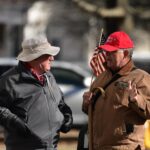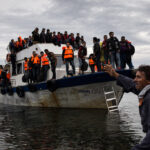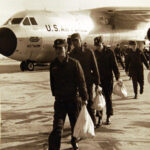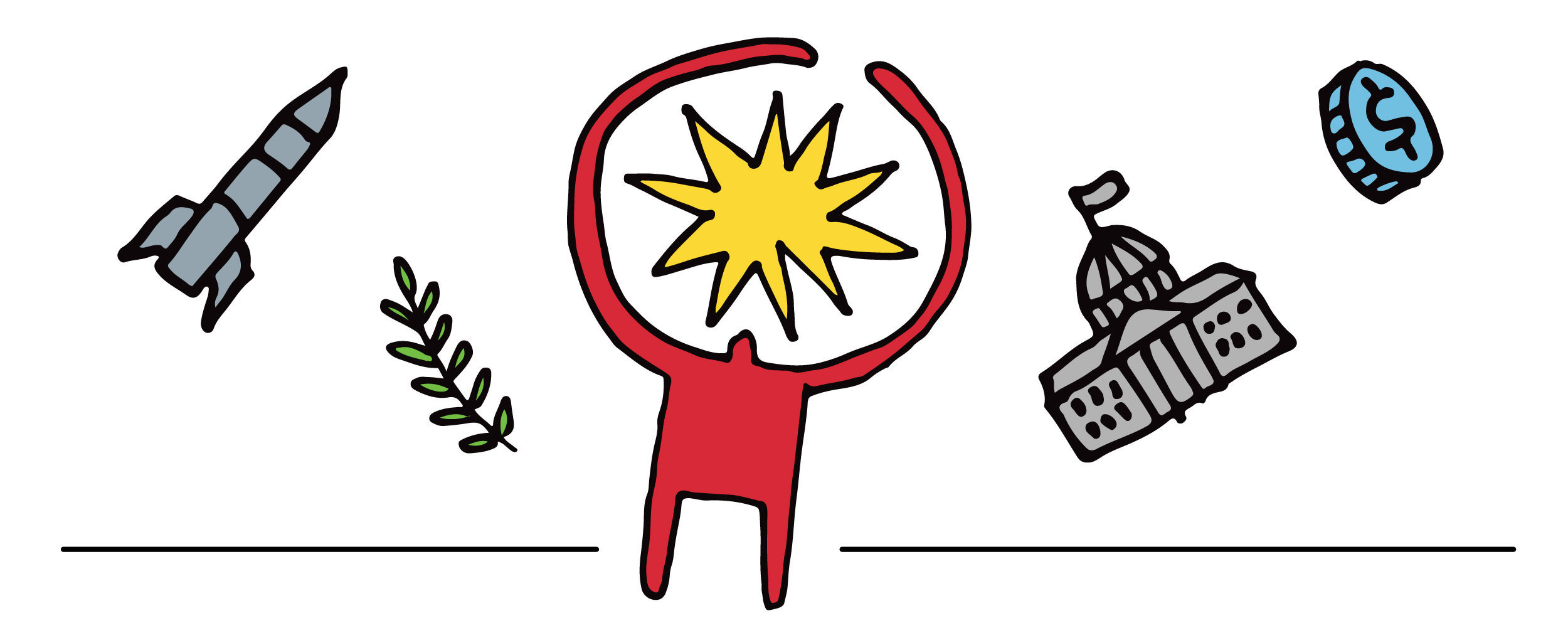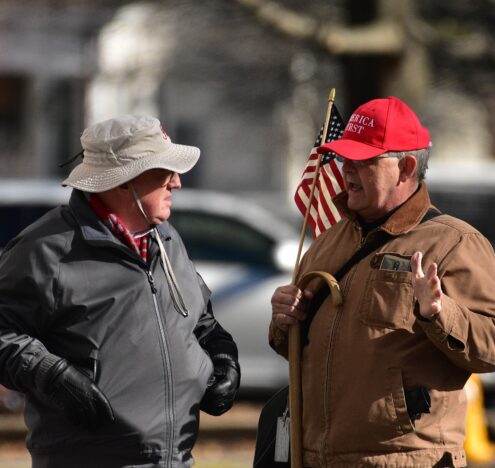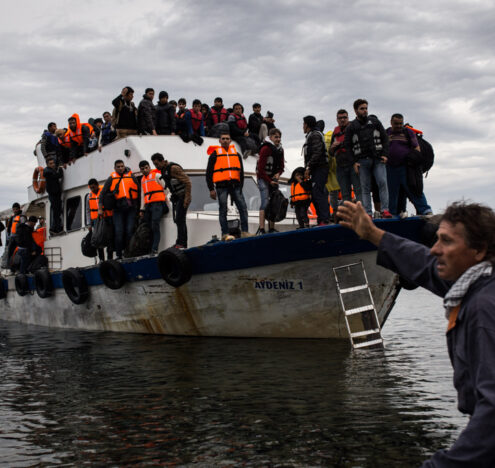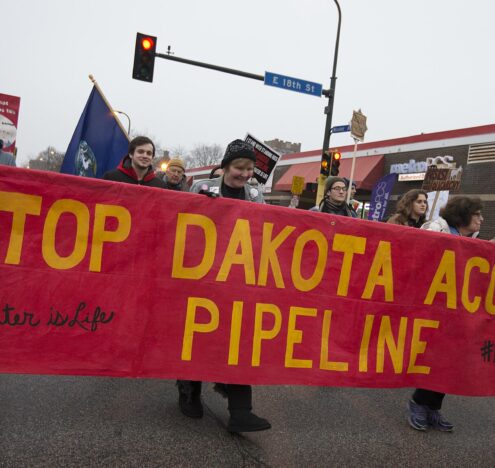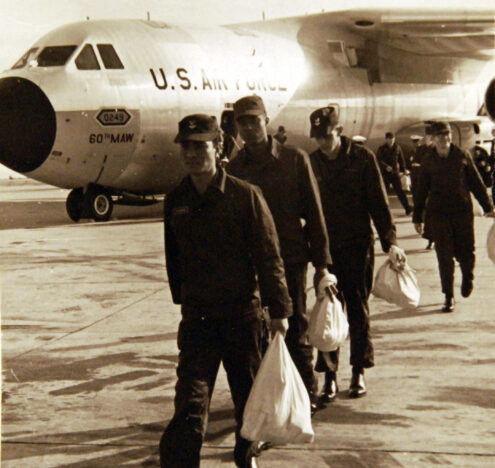Darlene Turner is an Inupiaq Eskimo living on a battle line. Not the military kind, the climate change kind. With less sea ice to buffer storms, the ocean is washing away chunks of her village and its residents have made a difficult decision to relocate. “Would you relocate?” she asks.
Experts believe stories like Darlene’s are just a precursor to a massive migratory trend that could have millions of Americans on the move before mid-century, as wildfires rage and floodwaters rise. And the consequences could be far-reaching— affecting our economy, our social fabric and even our foreign policy priorities.
On this episode, we examine how ‘climigration’ could play out here at home, and how climate change can become a threat multiplier.
Listen and subscribe now on Apple Podcasts, Stitcher, Spotify, Pocket Casts, or wherever you get your podcasts to receive a new episode every two weeks.
GUESTS: Jesse Keenan, associate professor of real estate at the Tulane School of Architecture specializing in climate change adaptation; Francesco Femia, co-founder of the Center for Climate and Security, and the Council on Strategic Risks; Darlene Turner, library skills teacher; Jonathan Foret, executive director of the South Louisiana Wetlands Discovery Center.
ADDITIONAL READING:
The Great Climate Migration, ProPublica.
‘We’re Moving to Higher Ground’: America’s Era of Climate Mass Migration is Here, The Guardian.
How Russia Wins the Climate Crisis, NYT.


